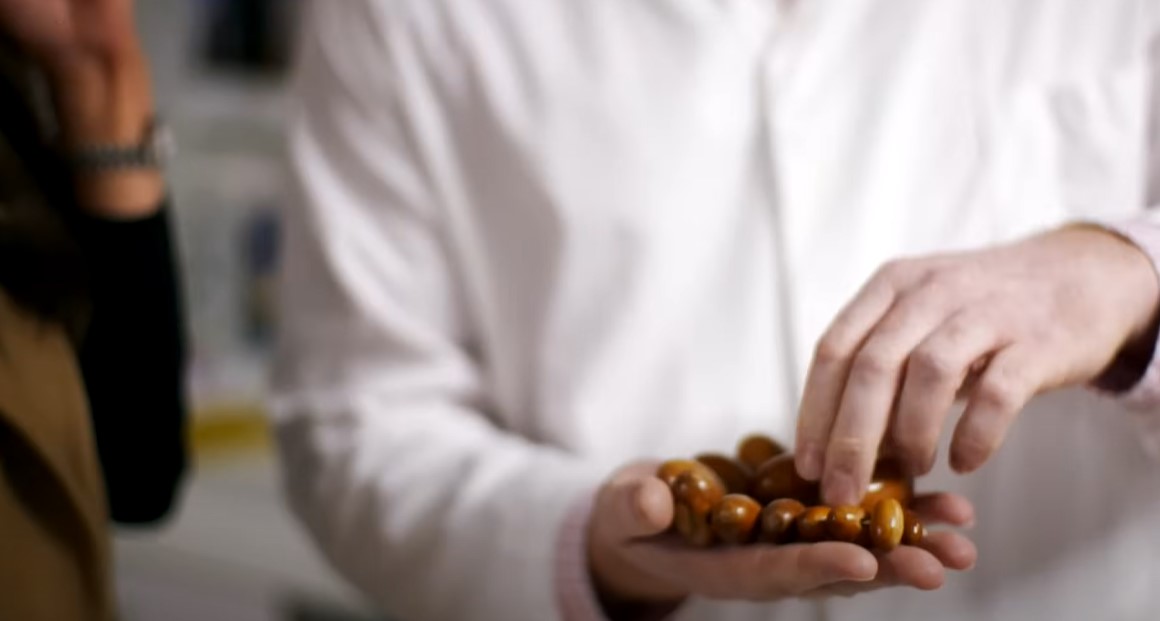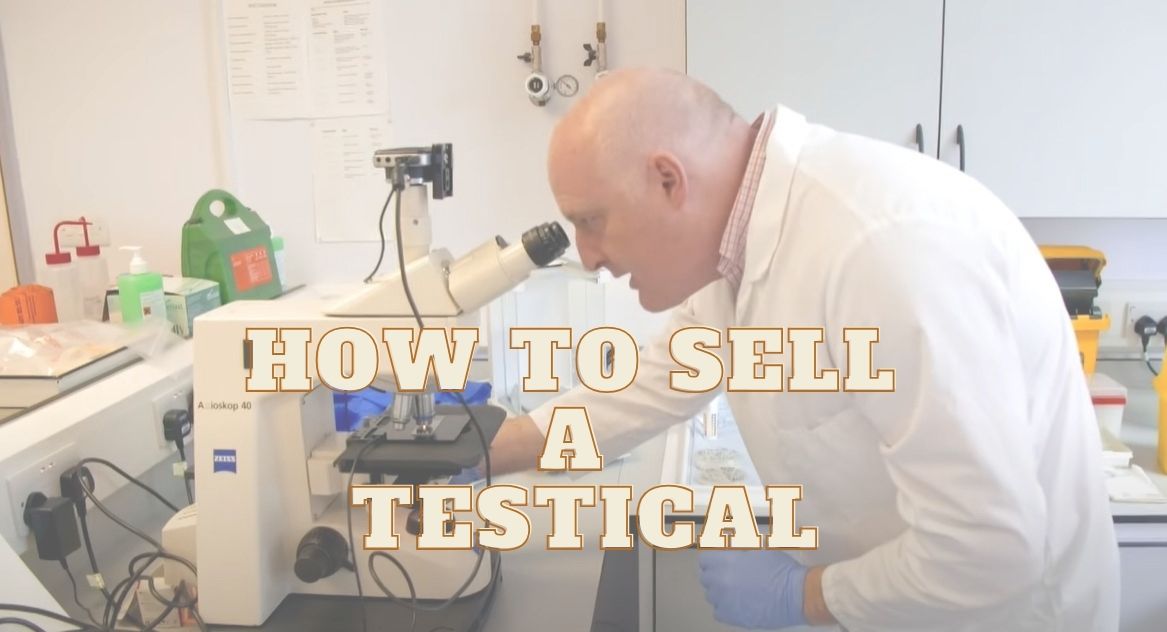Selling a body part, particularly a testicle, is a controversial and complex topic that piques curiosity and raises ethical, legal, and medical concerns. Although the idea might sound strange or extreme, it has garnered attention due to media stories and reality shows like “Extreme Cheapskates.” People are often driven by financial desperation or curiosity about the value of their organs. In this article, we will explore the intricacies of selling a testicle, the legal landscape, medical implications, and potential financial outcomes. How much to sell a testicle? How much can I sell my testicle for? These questions will be addressed, along with the ethical considerations involved. Keep reading to understand the full picture of this unusual topic.
Understanding Testicular Commerce
Legal Landscape
Selling your balls or any body part for financial gain is strictly regulated by laws worldwide. The National Organ Transplant Act (NOTA) of 1984 in the United States prohibits the sale of organs, including testicles. This act was established to prevent illegal organ sales and body part trafficking on the black market. NOTA aims to ensure that organ donations remain altruistic and not driven by profit, protecting vulnerable individuals from exploitation.
Despite these regulations, stories occasionally surface about individuals receiving substantial sums for participating in medical trials involving the removal of a testicle. However, these instances are rare and typically involve compensation for the risks and inconvenience rather than a direct sale.
Medical and Ethical Considerations
Undergoing a testicle removal, or orchiectomy, is a significant medical procedure with inherent risks. Potential complications include infection, chronic pain, and psychological impacts. It’s crucial to consider the pain and suffering associated with the procedure and the long-term health implications, including hormonal imbalances and fertility issues.
Ethically, the concept of selling a body part raises concerns about body brokers and testicular commerce exploiting desperate individuals. The underground market for organs can lead to severe legal and health consequences, making it vital to approach this topic with caution and informed consent.

Financial Aspects: How Much Can I Sell My Testicle For?
Compensation and Market Value
The value of a testicle is a topic of speculation and often sensationalized. Reports suggest that compensation for participating in medical studies involving testicle removal can range from $35,000 to $50,000. However, this is not a straightforward sale but rather compensation for the study’s requirements, risks, and medical expenses.
In some cases, workers’ compensation benefits might come into play if a testicle is lost due to a workplace injury. The workman’s compensation varies by jurisdiction and the nature of the injury but generally covers medical costs and lost wages.
Potential Uses and Research
Medical research into testicle transplant and prosthetics has led to some discussions about the potential for donated testicles. Prosthetic testicles are used in reconstructive surgery, typically for individuals who have lost a testicle due to testicular cancer or injury. These procedures are strictly regulated and do not involve financial transactions for the testicle itself.
Ethical and Legal Alternatives
Given the strict regulations and ethical concerns, exploring alternatives to selling a testicle is advisable. Donating a testicle for scientific research or organ donation can be a noble act that contributes to medical advancements without financial incentives.
Organ Donation and Legal Pathways
Organ donation saves lives and is an altruistic way to contribute to society. Registering as an organ donor ensures that your organs can help those in need after your death, without involving illegal transactions. Understanding the legal framework and choosing ethical pathways is crucial for those considering this option.
Read also: How To Sell A Dental Practice
Frequently Asked Questions
How much can I sell my testicle for?
The compensation often cited in media stories ranges from $35,000 to $50,000 for participating in medical studies involving the removal of a testicle. However, it is important to note that this compensation is for the risks and inconvenience of the study, not a direct sale of the testicle, which is illegal under the National Organ Transplant Act.
Is it legal to sell a testicle?
No, it is not legal to sell a testicle or any other organ in the United States and many other countries. The National Organ Transplant Act prohibits the sale of human organs to prevent exploitation and trafficking on the black market.
Are there any health risks associated with selling a testicle?
Yes, undergoing a testicle removal, or orchiectomy, involves significant health risks including infection, chronic pain, psychological impacts, hormonal imbalances, and potential fertility issues. It is crucial to consider these risks before deciding to undergo the procedure.
Where can I sell a testicle?
Legally, you cannot sell a testicle. However, compensation may be available for participating in medical studies that involve testicle removal. These studies are rare and strictly regulated, ensuring that the focus is on research rather than financial transactions.
What are the ethical concerns surrounding the sale of a testicle?
The ethical concerns include the potential exploitation of desperate individuals, the risks of unregulated body part trafficking, and the psychological and physical impacts on the person undergoing the procedure. The sale of organs is strictly prohibited to protect individuals from exploitation and ensure organ donations remain altruistic.
Visitor Reviews
- John Smith: As someone who seriously considered selling a testicle, I delved deep into the research. The potential compensation of up to $50,000 was certainly tempting, especially when facing financial hardships. However, the legal ramifications and health risks ultimately deterred me. I learned that selling a testicle is illegal in the United States due to the National Organ Transplant Act, and the procedure itself is fraught with potential complications like infection and chronic pain. The ethical concerns also weighed heavily on me. In the end, I decided against it, prioritizing my health and legal standing over the financial gain.
- Sarah Johnson: My experience with this topic was purely out of curiosity after watching a segment on “Extreme Cheapskates.” The idea that someone could receive significant compensation for a testicle removal was intriguing. However, as I researched more, I realized the complexities involved. The legal prohibitions and ethical dilemmas were significant deterrents. The stories of people undergoing such procedures for medical trials were rare and heavily regulated. It made me appreciate the importance of legal and ethical frameworks in protecting individuals from exploitation.
- David Miller: I considered participating in a medical study that involved the removal of a testicle for research purposes. The compensation offered was around $35,000, which was very appealing at a time when I needed money. However, after consulting with a medical professional and a legal advisor, I learned about the significant health risks and the illegality of selling organs. The risks of infection, long-term pain, and hormonal imbalances made me reconsider. Additionally, understanding the ethical implications helped me realize that my health and well-being were far more important than any financial incentive.
- Emily Brown: My journey into this topic began when I read an article about body part trafficking and the black market for organs. It was shocking to learn about the exploitation that occurs in this underground industry. Selling a testicle, or any organ, is illegal for a reason – to protect vulnerable individuals from being taken advantage of. The medical and ethical ramifications are substantial. I believe that awareness and education are crucial in preventing people from falling prey to these illegal and dangerous schemes. It’s important to explore legal and ethical ways to support oneself financially.
- Michael Davis: A few years ago, I lost a testicle due to a medical condition and was approached to participate in a research study. The study offered compensation, which helped with my medical expenses, but it was clear that this was not a sale of my testicle. The compensation was for my participation in the study and the risks involved. The experience highlighted the importance of ethical considerations and the strict regulations in place. I received excellent medical care and support throughout the process, which underscored the importance of legal and ethical frameworks in medical research.
- Laura Wilson: My interest in this topic was piqued by the financial struggles I faced. The idea of selling a testicle seemed like a drastic but potential solution. However, thorough research revealed the legal barriers and significant health risks. The National Organ Transplant Act and the ethical concerns surrounding organ sales were eye-opening. I learned that even if there are stories of people receiving compensation for testicle removal, these instances are rare and heavily regulated. The potential for long-term health issues and the illegality of the act made me realize that seeking financial stability through such means was not worth the risks involved.
The concept of selling a testicle raises numerous legal, ethical, and medical concerns. While sensational stories and media portrayals suggest substantial financial gain, the reality is that such transactions are illegal and fraught with risks. The National Organ Transplant Act and other regulations ensure that organ donations remain altruistic, preventing exploitation and trafficking. Understanding the full implications and considering ethical alternatives, such as organ donation, can provide a more informed perspective on this controversial topic.

Leave a Reply